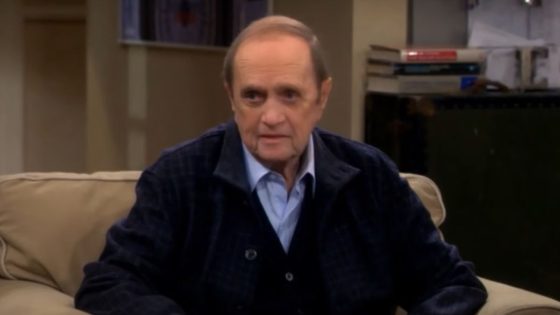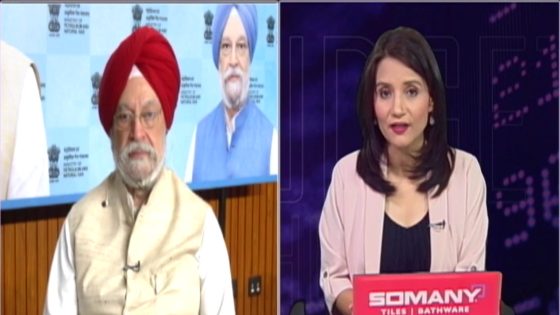As reality began to creep late last week that the Chicago Bears could quickly run out of obvious trade destinations for quarterback Justin Fields, a prominent NFL agent with experience facilitating trades for his clients offered a bottom line summary of the situation.
“I’d start looking for a [scheme] fit and a backup [quarterback] situation that isn’t pinned down,” the agent said. “Finding a fit is more important than just looking for a player he can beat out because the last thing you want to do is put a player onto a bad team. It can actually make things worse. So sometimes it’s not the obvious teams that make the most sense. … Look at Geno [Smith] and the quarterbacks he played behind all those years. That turned out to be a positive when he got his next chance as a starter.”
In the case of Fields and his next destination, the math is trending in that direction.
Gone are the days of grouping together franchises that have a need at the top of the QB depth chart and no simple resolution. Now the algorithm has moved into far trickier territory: Looking for teams outside of the NFC North that have a significant backup quarterback need, a scheme fit, some draft ammunition and preferably a front office willing to roll the dice on high upside opportunity. In this case, that’s quite a needle thread, particularly with Fields carrying only one year of contract control, due to a fifth-year rookie option that is unlikely to be triggered.
But in this particular scenario, there is a very sensible fit: The Philadelphia Eagles.
Right now, the Eagles are in the midst of trying to figure out a solution to their backup quarterback void, following the departure of Marcus Mariota to the Washington Commanders. Last year’s sixth-round draft pick Tanner McKee is on the roster, but he has no regular-season snaps. The Eagles have a starter in Jalen Hurts who is prone to taking punishment in games, and no experienced backup to hold the fort if Hurts goes down in the season. For a team that is still built to be in the postseason mix and only one season removed from a Super Bowl appearance, that qualifies as a significant risk. And at an early juncture of free agency, a great many backup quarterbacks have already been scooped up by other franchises.
Now enter Fields into that picture, with the Bears still looking for a trade partner and their potential compensation and leverage dwindling with each backup quarterback slot that gets filled across the league. As we wrote back in December, Fields’ true value according to a swath of general managers was going to be in the middle-round pick range, somewhere between third- and fourth-round compensation, possibly with some qualifiers added to a deal. Thanks to their compensatory pick allotment, the Eagles have one third-round pick, as well as three fifth-rounders. The compensation is certainly there to get a deal done.
When you factor in the penchant of Eagles general manager Howie Roseman to be involved in practically everything during the offseason — not to mention his ability to seize upside at a reasonable price — there is some traction to be had between the Bears and Eagles. Not just because Fields has starting experience that would be valuable in the event of an injury to Hurts, but also because he fits Philadelphia’s run-heavy RPO packages, which could take advantage of Fields’ strongest asset as a scrambler. He could also offer new Eagles offensive coordinator Kellen Moore the ability to design a few change of pace running snaps, taking some of the wear and tear off of Hurts.
For a one-year look, it makes a lot of sense. Even Fields’ salary is relatively cheap among quality backups, at just over $3.2 million in base money and a roster bonus that kicks in at the start of training camp. And all of this is built around the additional dimension of Fields still potentially being a trade asset prior to the 2024 deadline. Roseman is no stranger to being an active buyer at the deadline, but there’s a savvy sell that comes to mind: His September 2016 trade of Sam Bradford to the Minnesota Vikings for a first-round pick. That deal came together after the Vikings lost starter Teddy Bridgewater to a preseason practice injury, opening a lane for the Eagles to deal Bradford, who at the time was a bridge starter in front of then-rookie Carson Wentz.
While it’s unlikely that Fields could ever draw that kind of compensation in a similar scenario, there is no denying that he would have value if a competitive team lost a starter prior to the trade deadline. Possibly enough value for Roseman to deal him. And even if that opportunity didn’t materialize, the Eagles would simply carry Fields through the 2024 season, knowing they had an experience starter behind Hurts who also fits into the strength of their offense.
And while that might not be the perfect scenario for Fields — who undoubtedly is looking to remain a starter — it’s worth noting that he’d get a season with Moore taking a close look at him. The same Kellen Moore who could vault back to the top of head-coaching search lists with one strong season in Philadelphia, and could find himself taking over a franchise in need of a quarterback who knows his playbook. And Fields should be heading into free agency one year from now, with the ability to chose what is best for him on the open market. For Fields, the potential of knowing Moore’s playbook and Moore being a head-coaching candidate again in 2025 is some upside potential chiseled out of a backup quarterback spot.
It’s certainly not the obvious choice that the starting jobs of the Atlanta Falcons and Pittsburgh Steelers represented only a week ago. But the obvious path is gone for Fields and the Bears. Now is when things get creative. And there are few teams and general managers who embrace creativity and opportunity better than the Eagles and Roseman.
Source Agencies



